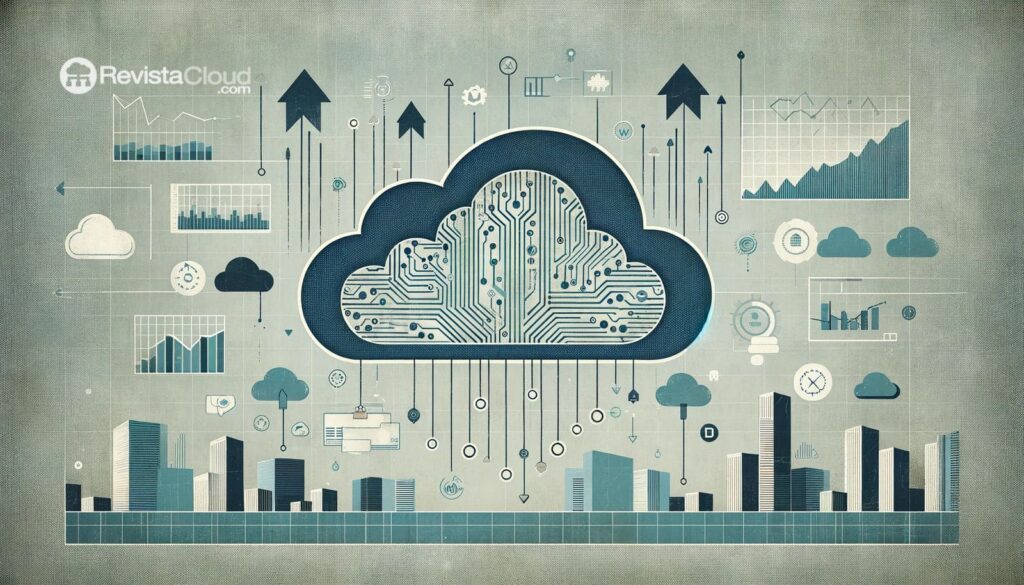Richard Stallman is not a comfortable figure. His discourse challenges the dominant narratives of digital progress and highlights the contradictions of our technological dependence. But that’s precisely why he remains necessary: because his voice reminds us that technology is also politics, and that digital freedom is not a luxury, but a fundamental right.
Since founding the Free Software Foundation in 1985 and developing the GNU operating system, Stallman has passionately defended the four essential freedoms of free software: to run, study, modify, and share programs. These freedoms are not mere technicalities; they are a declaration of principles. In an environment where increasingly more digital services deprive us of control, knowing what the software we use does and being able to adapt or share it with others becomes a matter of citizenship.
Between Free Software and Open Source: An Ethical Difference
Stallman’s insistence on differentiating between free software and open source may seem anecdotal. After all, both allow access to source code. But that’s where the nuance lies: for Stallman, open source is a technical strategy to improve software; free software is a social movement grounded in the defense of freedom. It’s not just about efficiency or innovation, but about digital ethics.
Embracing that difference implies rethinking how we engage with technology. Does it serve us or control us? Can we adapt it to our needs, or do we depend on the provider? Stallman states clearly: proprietary software is a societal problem. If the user cannot modify or audit the program they use, they have lost control over their computing.
The “Cloud” is Not Neutral: Data, Servers, and Sovereignty
Another concept that Stallman dismantles with his usual frankness is that of the cloud. For him, it’s nothing more than a misleading metaphor: behind every “cloud” service are physical servers, specific companies, and legal jurisdictions that determine who can access the data. Talking about “the cloud” is, in his opinion, a way to mask fundamental questions: where is your information? Who manages it? What laws govern it?

In a context where data has become a currency and a vector of power, these questions can no longer be overlooked. Free software is, therefore, also a tool for technological sovereignty, both for individuals and for states.
Governments and Free Software: An Outstanding Debt
If controlling computing is important for users, it is even more crucial for governments. For Stallman, when a public administration uses proprietary software, it fails in its duty to its citizens. It is delegating essential state functions—education, health, justice—to companies whose interests do not always align with the common good.
Although some countries have taken steps toward free software—such as Ecuador with its presidential decree, or partial initiatives in Brazil and Germany—the structural resistance remains significant. The pressure from large tech companies and the lack of political will have caused many of these initiatives to end up dissipating.
However, Stallman’s message is clear: good intentions or piecemeal solutions are not enough. To ensure transparency, autonomy, and security for citizens, free software should be the norm in public administration, not the exception.
Digital Identity and Cryptography: Urgent Challenges
The control over personal data also concerns Stallman, who has expressed his rejection of centralized digital identity systems. He believes that concentrating so much power in the hands of the state or corporations can lead to mechanisms of mass surveillance.
His preference goes in the opposite direction: anonymity for the user, transparency for entities. That’s why he supports solutions like GNU Taler, a payment system that protects the privacy of the payer without hiding the seller. At a time when many advocate for total traceability of transactions, his stance serves as an uncomfortable reminder that privacy is an essential part of freedom.
Why Keep Listening to Stallman?
We live in an age of technological acceleration, where Artificial Intelligence, big data, and ubiquitous computing are being imposed as inevitable. In this scenario, Stallman may seem like an anachronism to some: an activist from another era, with a message that no longer fits. But it’s quite the opposite: his vision is becoming increasingly relevant.
In the face of algorithmic opacity, Stallman defends access to code. Against the logic of “everything as a service,” he champions the right to use and modify digital tools. Confronted with the loss of individual autonomy, he reminds us that freedom cannot depend on licenses or terms of use drafted by corporations.
In a digital society that advances unquestioningly toward centralized, controlled, and opaque models, the philosophy of free software is not just a technical alternative. It is a future proposition where technology serves the people, not the other way around.
That is why his customary farewell—“Happy hacking”—is not a geek slogan. It is an invitation to reclaim control of our tools, our data, and, ultimately, our freedom.
Reference: Publication on u-Gob. Illustration via IAfreeimages.

